Embracing Depth: Hayao Miyazaki's Critique of American Cinematic Narratives
- 0
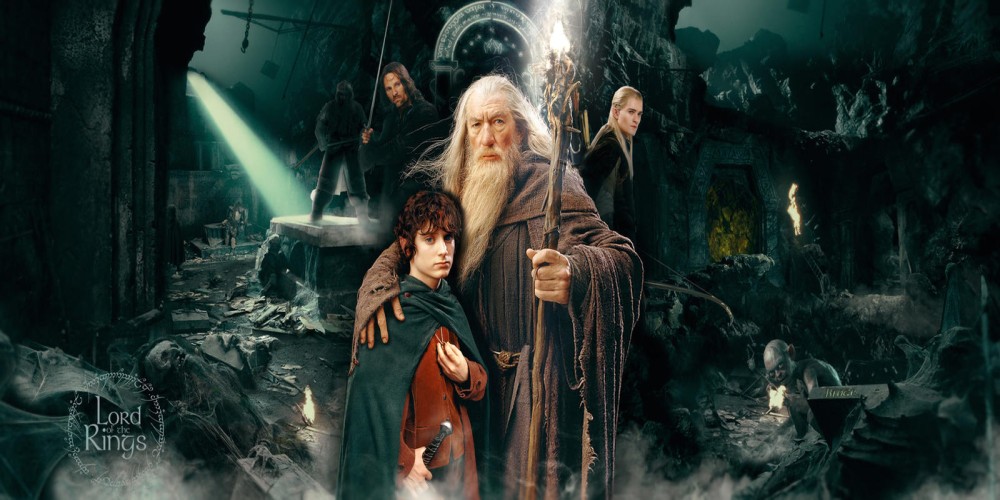
Hayao Miyazaki, an iconic figure in the world of animation, is renowned for his unique approach to filmmaking that champions emotional depth and character complexity. With a career marked by two Academy Awards and an impressive catalog of beloved films, Miyazaki has captured the hearts of audiences around the globe. His works, characterized by hand-drawn artistry and intricate storytelling, differ significantly from the high-octane spectacles produced by Hollywood. In a recent interview, he shared his perspective on American cinema, particularly critiquing the celebrated Lord of the Rings franchise. His observations challenge the very essence of what constitutes legendary storytelling in a world often dazzled by explosions and relentless action.
Understanding Hayao Miyazaki's Vision
Miyazaki's films are deeply human-centric, presenting characters that resonate emotionally with viewers. Each character is infused with distinct personality traits, making them feel relatable and real. This attention to detail culminates in a blend of fantasy and humanity that sets his films apart from many mainstream offerings.
The Art of Storytelling
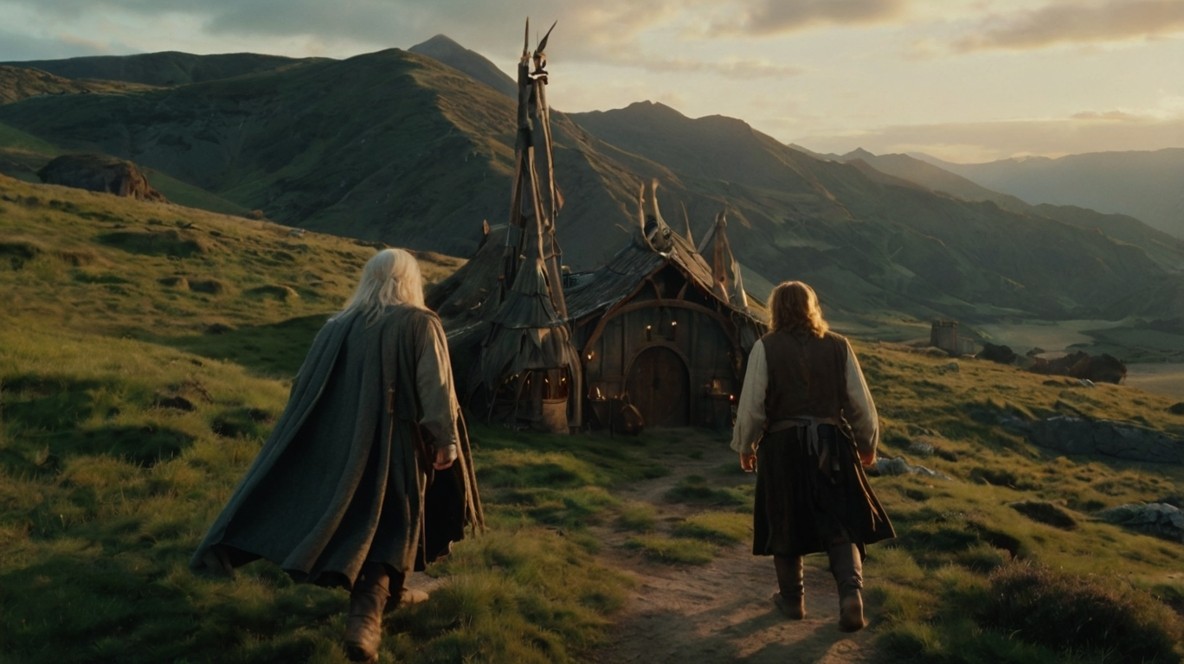
Central to Miyazaki's works is the art of storytelling, which emphasizes not just the plot but the emotional journeys of the characters. His narratives often explore complex themes like environmentalism, war, and personal growth, urging audiences to reflect on their lives and choices.
Cultural Reflections in Animation
Miyazaki's films serve as cultural reflections, offering audiences insights into Japanese traditions and values. Through his storytelling, he highlights the significance of nature, spirituality, and the human condition, fostering a sense of connection with viewers from diverse backgrounds.
American Cinema's Explosive Appeal
In his critique, Miyazaki acknowledges the spectacle of American filmmaking but questions its depth. He remarks on the tendency for American films, particularly blockbusters, to prioritize visuals over substance. This perspective challenges the belief that size signifies superiority in the cinematic landscape.
The Action-Driven Narrative
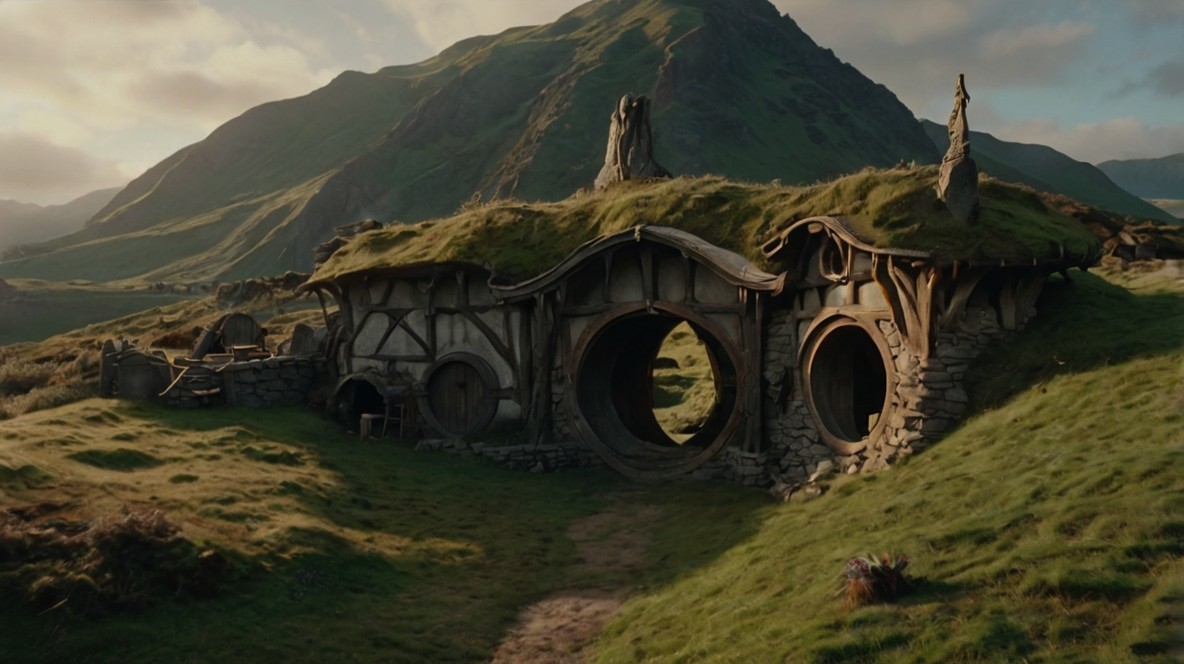
American films often rely heavily on action sequences, which can overshadow character development and thematic exploration. Miyazaki’s assertion stands: "Americans shoot things, and they Certainly! Please provide me with the full sentence or some context in which "strike" is used so I can help you create a unique rewrite up," encapsulating the relentless pace that characterizes many Hollywood narratives. This emphasis on action can lead to a lack of meaningful content, reducing characters to mere vehicles for explosive sequences.
Examining Epic Sagas
Miyazaki specifically references the Lord of the Rings franchise, a cultural phenomenon beloved by audiences worldwide. Despite its accolades, he suggests the series falls short in delivering a balanced narrative due to its treatment of conflict and characters.
Flawed Heroes and Villains
In discussing the depiction of antagonists, Miyazaki points out that the series often blurs the line between morality and action. The portrayal of enemies in such epic tales allows for indiscriminate violence and an absence of concern for the results of war, raising ethical questions about the depiction of heroic journeys.
Collateral Damage in Storytelling
One of Miyazaki's significant criticisms revolves around the concept of collateral damage in narratives. The portrayal of large-scale battles raises questions about how lives, particularly those of innocent bystanders, are viewed in the context of war. He draws a parallel to real-world conflicts, urging audiences to carefully consider the effects of these narrative choices.
The Problem with Mindless Action
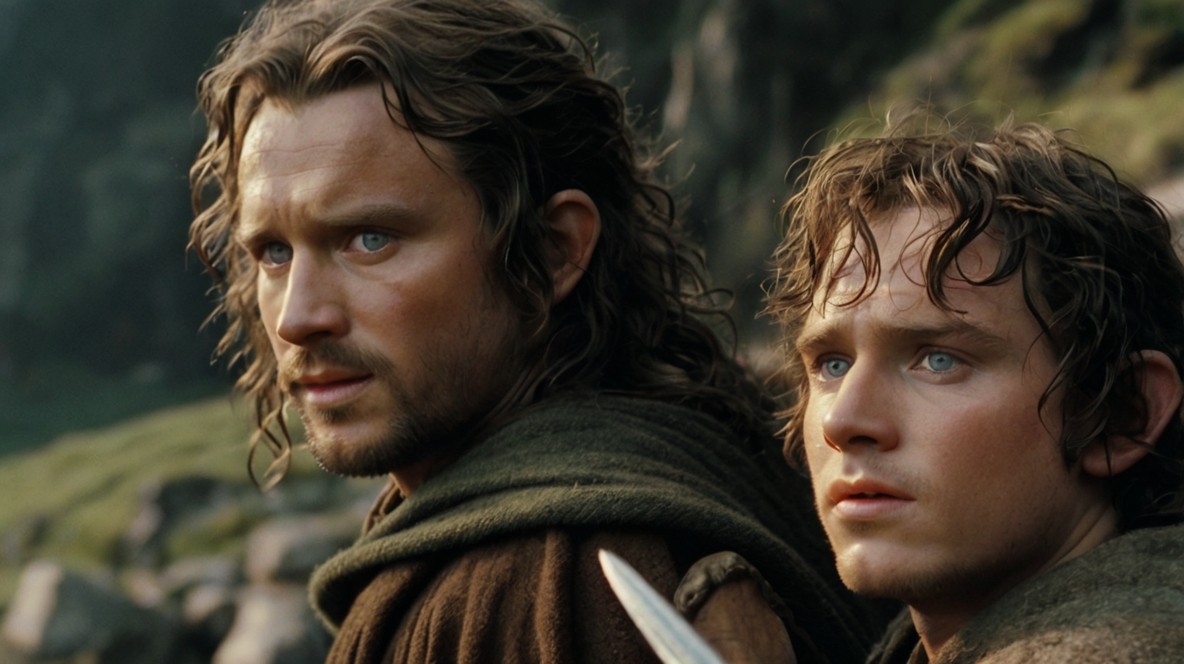
Miyazaki argues that mindless action in cinema can desensitize audiences to violence. When characters engage in battle without regard for the impact of their actions, it diminishes the narrative's emotional weight. This perspective invites a discussion on the responsibilities filmmakers have in shaping societal views on conflict.
Peaceful Resolutions in Animation
In contrast, Miyazaki's films often highlight collaboration and understanding as pathways to resolving conflict. His characters tend to approach challenges with empathy and compassion, fostering a narrative that seeks resolution rather than destruction. This philosophy promotes a sense of hope and thoughtfulness absent from many commercial films.
Mirroring Society's Values
Miyazaki's observations compel us to reflect on how cinema mirrors societal values. The popularity of films that glorify violence may reveal deeper cultural attitudes towards conflict and heroism, prompting us to question what types of narratives we choose to celebrate and perpetuate.
The Future of Storytelling
The evolution of film will continue to shape the way stories are told, leading to new innovations in narrative techniques and character development. Miyazaki's insights encourage filmmakers to rethink the ways in which they approach storytelling, advocating for narratives that prioritize emotional depth and social responsibility over mere entertainment.
Fanbase Fidelity in Film
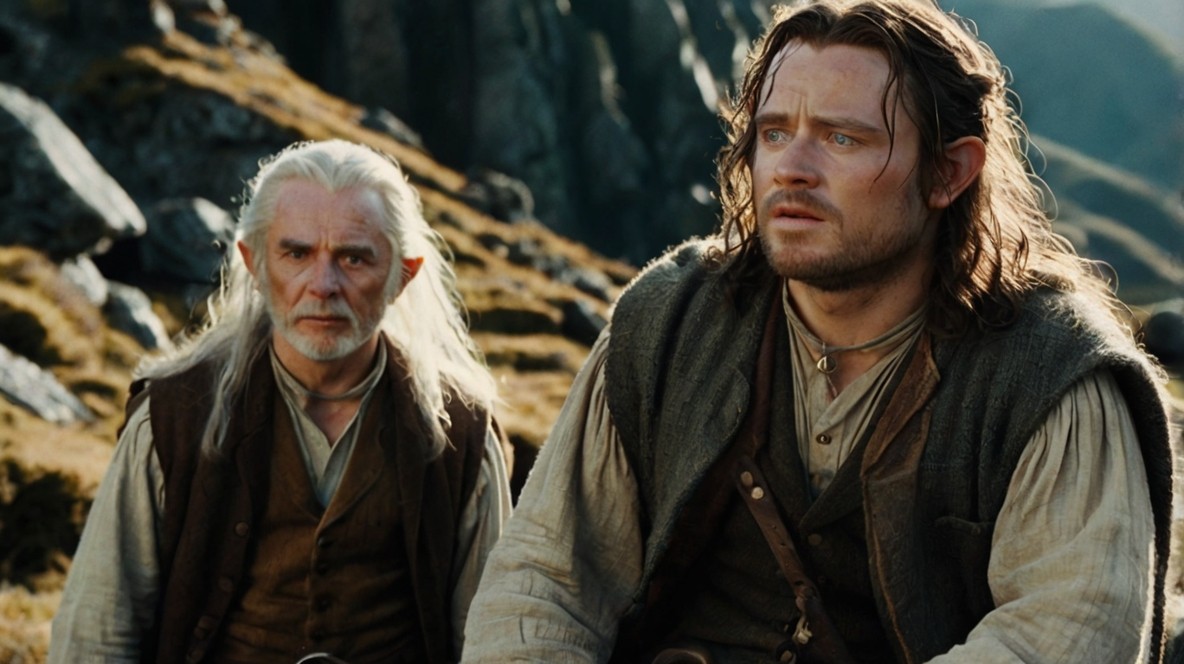
The loyal following of the Lord of the Rings franchise demonstrates the profound impact epic narratives can have on audiences. However, this affinity must be equitable by conducting a thorough assessment of the content—encouraging a dialogue about the messages conveyed through beloved stories.
Bridging the Cultural Divide
As the film industry continues to globalize, understanding the cultural differences between storytelling traditions is essential. Miyazaki's unique perspective offers valuable lessons on the value of compassion and emotional engagement in films, regardless of their origin.
Conclusion: A Call for Thoughtful Filmmaking
Hayao Miyazaki’s critique of American cinema serves as a reminder of the thoughtfulness required in storytelling. His films advocate for a deeper understanding of character motivations and ethical dilemmas while addressing the implications of violence in narratives. As audiences embrace films from around the world, it's essential to consider the depth of storytelling and the messages being conveyed. The future of cinema lies in the ability to balance entertainment with profound, meaningful narratives that resonate on a deeper level, encouraging conversations about morality, humanity, and the shared experiences that connect us all.
